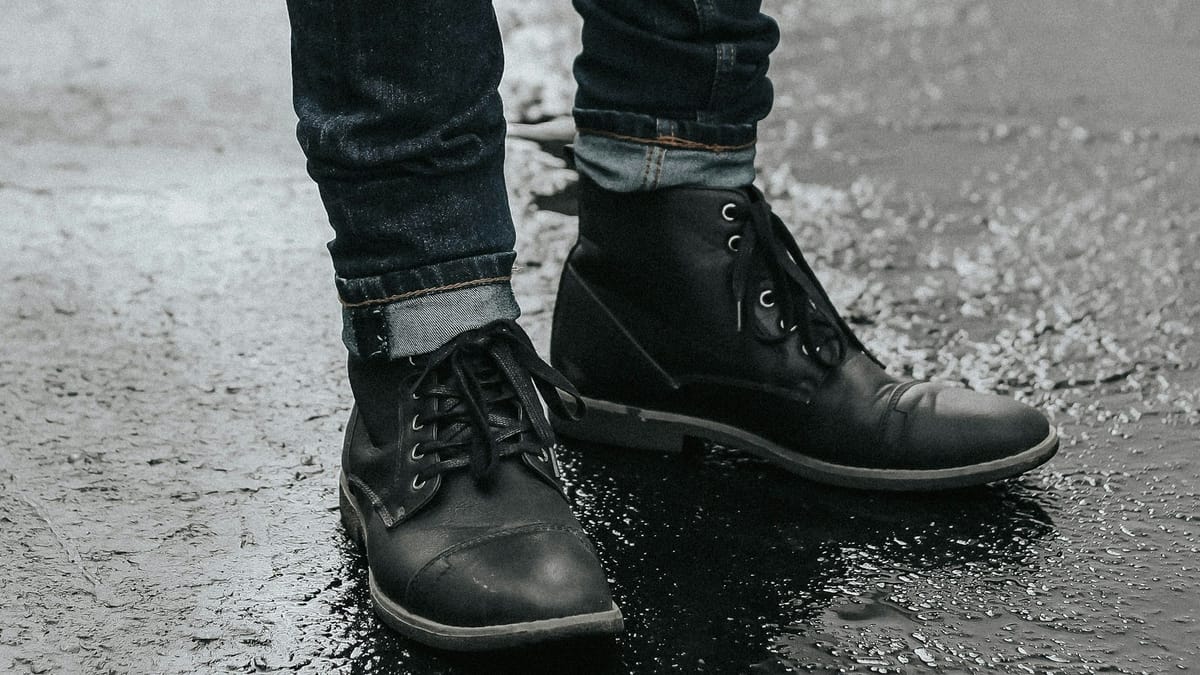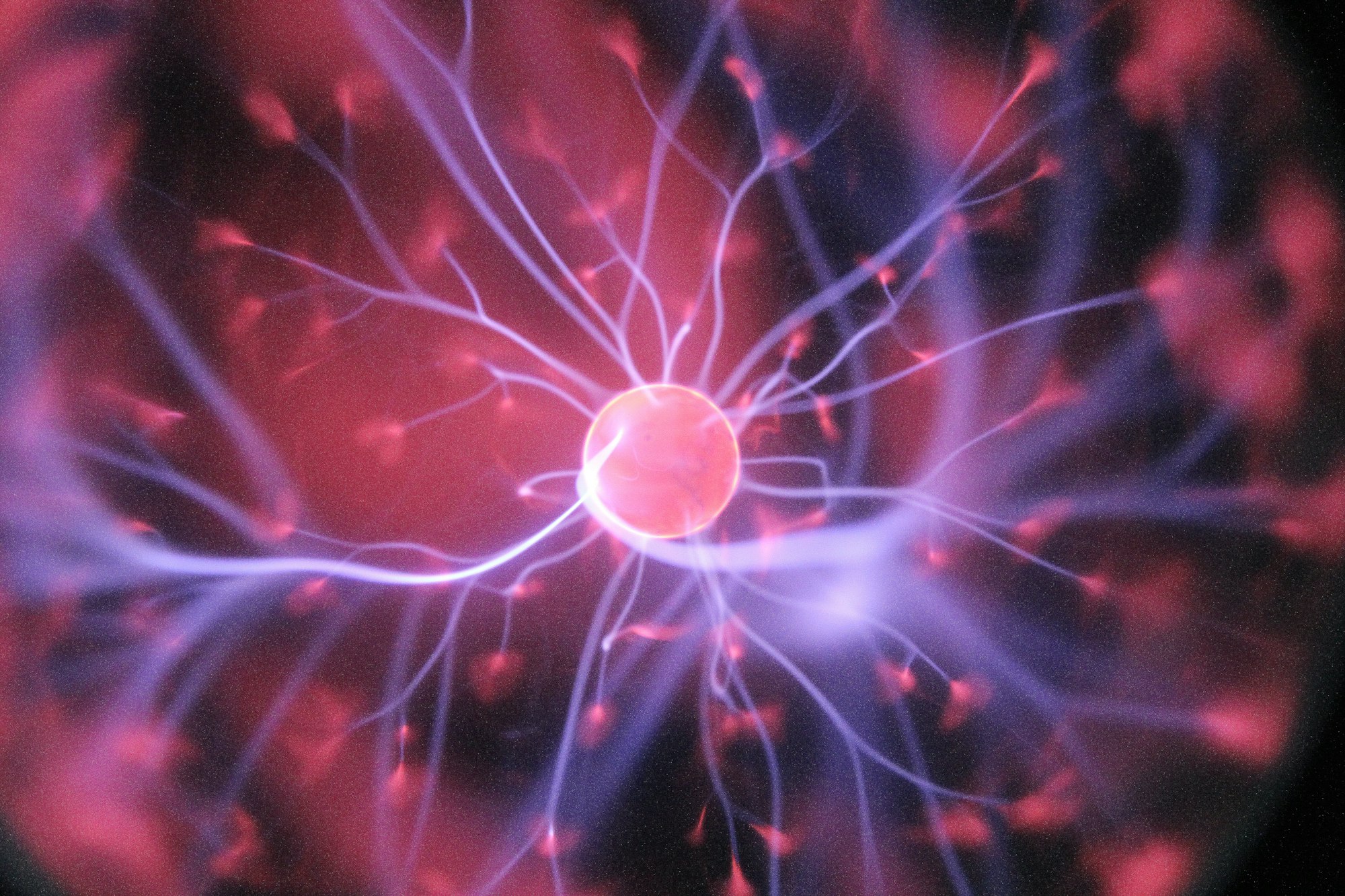‘Jithery Legs’ Dealing With the Parkinson's Disease Shuffle
Discover how my father, a former dance hall pro, copes with the symptoms of Parkinson's disease and how a simple marching technique helps regulate his walk and bring back confidence.

by Catherine Frayne
Parkinson’s disease and my father….
My father was diagnosed with Parkinson’s in 2009, the same year that Mammy was diagnosed with Alzheimer’s. In his youth, Daddy was renowned for his dancing skills. The locals tagged him, ‘Samba’ and ‘Electric Legs’ because of his skills dancing. He would frequent the West of Ireland dance halls in the 1950’s. Such cruel irony then that Parkinson’s fights a daily battle with his, once electric, legs. Daddy has come up with his own term for it, which he defines as ‘Jithery Legs’.
My dad's legs would stop n mid- flight. Stop dead and freeze. This is then followed by on the spot rapid shuffling and an involuntary hurried take off again. This is a regular occurrence when we go shopping on a Friday. My mammy would watch this happen while shopping. In the supermarket she would say out loud, ‘Well, would you look at that fella, he must be jet propelled!!’
What are the Parkinson's Disease Motor Symptoms
Other times, she suggests that dad is learning a new dance. God bless her sense of humour, she keeps us all going on days like these.
I was talking to a nurse recently and was telling her the story of the ‘Jithery Legs’. The nurse told me that she had cared for many Parkinson’s patients. She found that when she suggested rhythm and counting to them, it helped to regulate their walk. I thought of what an Army drill instructor would say. The call to the marching rhythm for his soldiers came to mind. I decided I would suggest it to daddy next time the ‘Jithery Legs’ took over.
The following Friday on the way up the street to the bank, Daddy’s legs did the usual. I took his arm and said, "‘pretend you are a soldier and try to march to this count Daddy". One, two three four, hup, two, three, four. Daddy came out of the freeze and began marching up the street with a mixture of confidence and disbelief. ‘Jesus, it works’, he laughed. ‘Where did you learn that? I told him about the nurse I met and what she had suggested.
Daddy uses the march technique regularly, when he needs to. It gives him confidence. It is an easy to remember rhythm, and brings a bit of elasticity back to his ‘Jithery Legs’.
The Benefits of Gait Training for Parkinson's With Music
Here are a few strategies to overcome motor symptoms of Parkinson's Disease:
Exercise
Exercise helps to reduce Parkinson’s motor symptoms by strengthening muscles and slowing the progression of the disease. This can include low impact activities like walking, cycling and swimming
Diet
Eating fresh fruits and vegetables with lean proteins can help keep Parkinson's under control and improve overall health
Medication
There are several medications available that can help manage Parkinson's motor symptoms such as dopamine agonists, levodopa-carbidopa combination therapy and MAO-B inhibitors
Occupational Therapy
Occupational therapy is a type of physical therapy that helps people with Parkinson's learn strategies for adapting to their condition, such as using assistive devices or learning how to manage motor symptoms
Music and Dance
Listening to music or dancing can help Parkinson's patients increase coordination, balance and improve overall motor function
Parkinson's Dementia Care
Parkinsons dementia is a set of cognitive impairments associated with Parkinson's Disease. It is important to provide the best care for Parkinson's dementia patients by helping them stay socially engaged, providing strategies for managing confusion, agitation and other symptoms and encouraging activities that stimulate their minds.
If you have Parkinson's Disease or are caring for someone who does, remember to try out different strategies such as exercise, diet, medication management, occupational therapy and activities like music and dance. If your loved one has Parkinsons dementia, it is important to provide them with the best care that you can by staying socially engaged and providing strategies for managing Parkinson's dementia symptoms.
Catherine Frayne cared for both her parents. Here is her book on her journey with her mother ‘Thoughts of Yesterday’.
Technology that Helps Overcome Unsteady Gait
You might also like this article:







